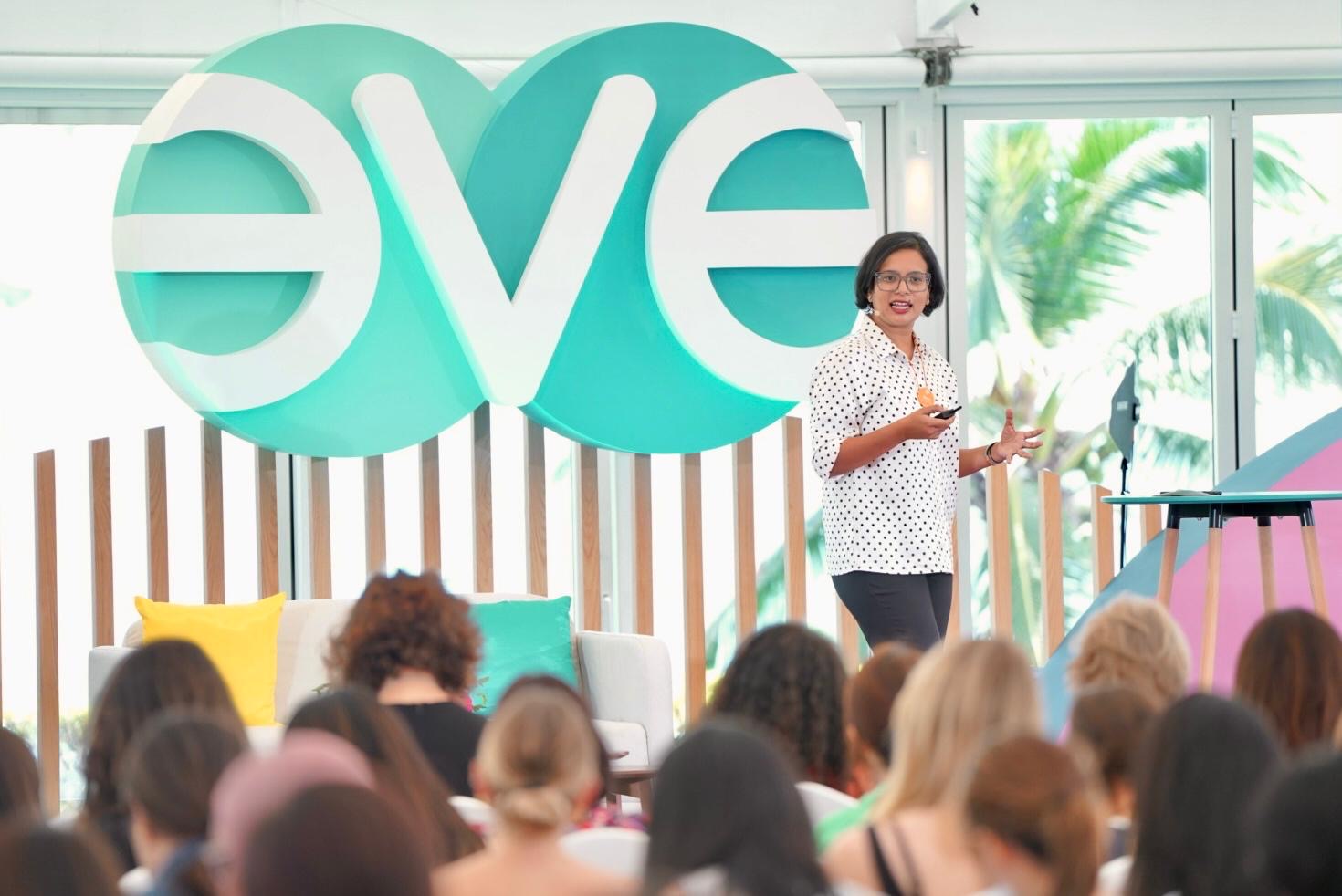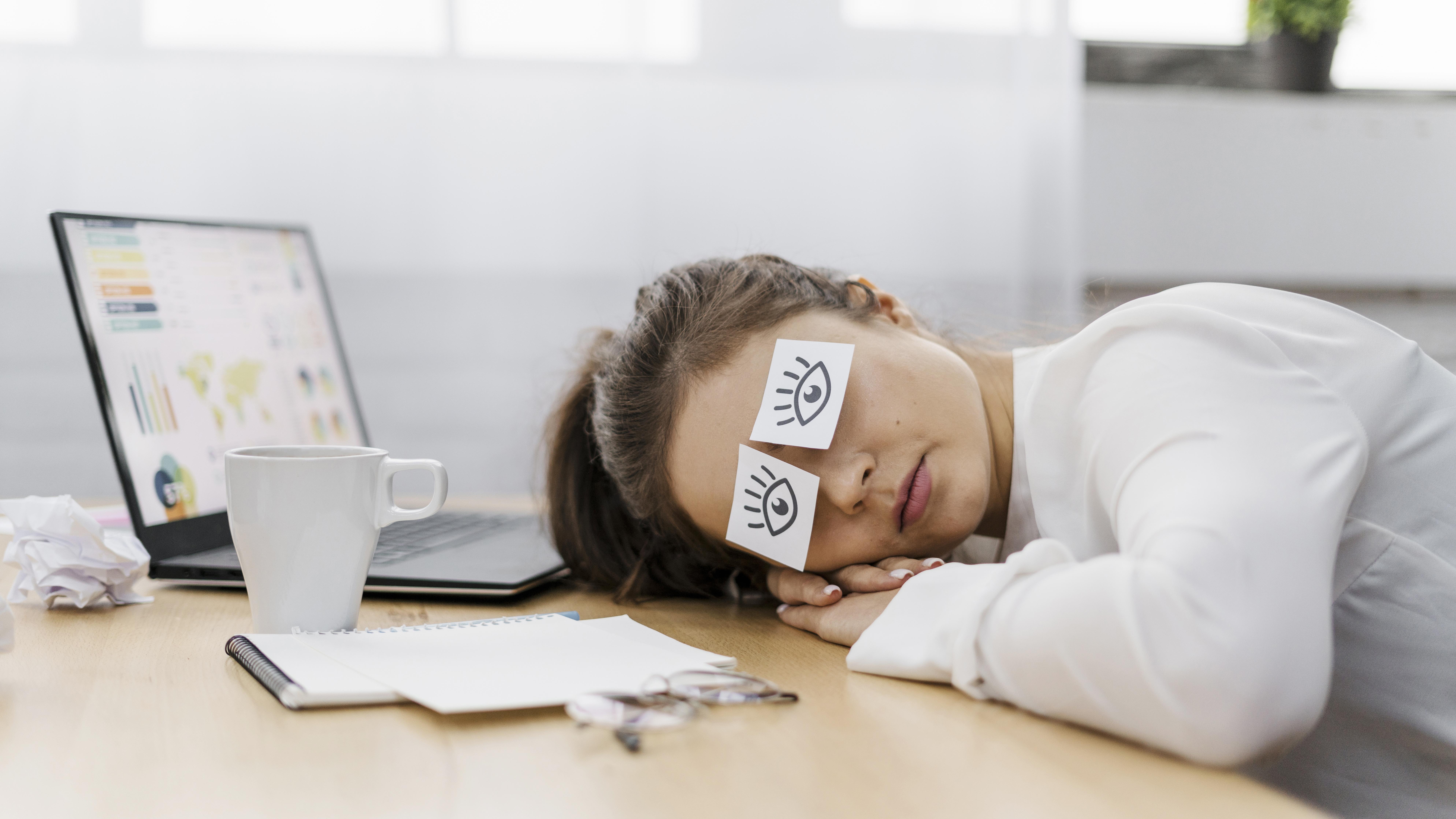Phew! Vacation time is here. Or it’s just around the corner. And you’ve earned it. More than that, you need it! Because time off isn’t just a treat, it’s a chance to reset: recharge, take a step back from life’s routine, open your eyes, find new inspiration and feel fully alive again. So how do you make sure your vacation gives you all of that? Here are some self-coaching tips to make the best of your break.
FINALLY take a REAL vacation… without feeling guilty
Ah! Did you really think we were going to hit you with personal development tasks just as you were escaping the daily grind? Surprise: your only assignment this summer is not to do any work. Unplug! Shut down your email (and if you only have a work account, now’s the time to get a personal one. That way all your booking confirmations don’t land pop up next to client requests). Close your calendar. Don’t fall into the trap of scheduling that one video call on the only day everyone’s available except you. You are on vacation. That literally means you are on leave with permission. But often, the person who most needs to provide that permission is you. And it’s not always easy. Between the fear of losing control and the guilt of stepping away from your team, not to mention that ever-present mental load that is an unconscious reminder of your responsibilities, it can feel easier to stay half-logged on rather than fully checking out. But ask yourself, why? BEFORE YOU LEAVE, take a moment to explore what’s really going on when you struggle to let go.
Exercise: For one week, keep a small notebook and jot down every time you do something work-related outside your usual hours (checking email, opening your computer to finish a task, making a phone call, etc.). For each item, note the conditions/circumstances too (on public transport, while watching TV, in the middle of the night, first thing in the morning). Then ask: what was I hoping to get from this? To ease anxiety? Save time? Prevent boredom? And finally, brainstorm other ways to meet that same need, without working. And if the urge to check in sneaks up while you’re off, stop and ask yourself: what do I really need right now? Then flip through your notebook for a non-work option to meet that need instead.
Change your habits and surprise yourself
One of the most restorative things you can do for your mind and body is to break free from your usual routine. Change up your schedule. Drop the roles you’ve taken on without meaning to (who put you in charge of stocking the pantry, organizing trips or keeping the neighbors happy?) Let others ask for things directly, it will give them the chance to thank you too. Rethink the systems and routines you’ve created for the sake of efficiency but now follow on autopilot. If they no longer serve a clear purpose, let them go.
This change of mindset frees up space to surprise yourself: to try new things, do things differently, change how you interact with others. Because yes, when you lighten your mental load, you might find that those around you step up, and your relationships evolve as a result.
Exercise: A week BEFORE going on vacation, make a list of all your routines (from what you have for breakfast to your weekly no-agenda work meetings, including how you wash, how you travel and even how you talk. In what ways could you change all that? Ask your family and friends about their habits too, you might get some fun ideas. You can then take advantage of your vacation time to try out these new things and see what differences they make.
Practice the art of “doing nothing”
A word of warning: our final piece of advice won’t be easy to follow. But the benefits of true idleness are incredible. It boosts your health, calms your mind, sparks creativity, improves your relationships, and helps you tune into your emotions.
But what exactly is “doing nothing”? For starters, it means letting go of goals. Forget being productive. Stop trying to justify or optimize how you spend your time. Give yourself a break. Don’t ask yourself any questions, don’t judge yourself, don’t put pressure on yourself, don’t blame yourself… And then just wander, allow yourself to contemplate and daydream, soak up the sights and sounds of the world around you and be aware of what you feel.
Exercise: On your first day off, set a timer for 5 minutes. Sit on a chair or the floor with a paperclip in your hand. Just play with the paperclip. Don’t have a purpose. Push away any thoughts of what you are going to do next. The next day, add another 5 minutes and do the same thing. The day after, add another 5 minutes, but this time just go for a slow, aimless walk with nothing in your hand. Keep going. Try to spend at least 15 minutes each day in pure, unstructured, guilt-free idleness. You might be surprised by what shows up.






